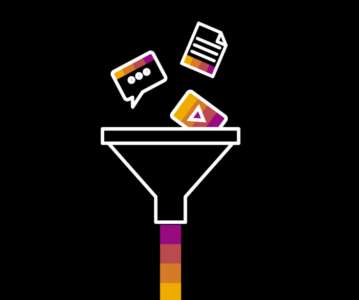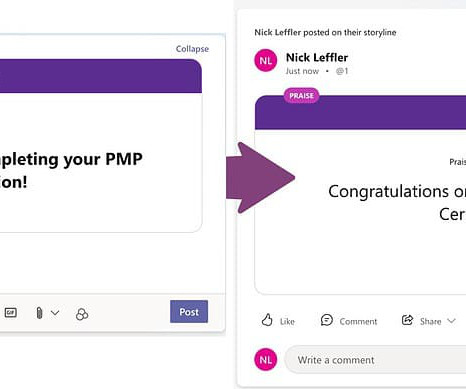Piecing together collaboration and cooperation
Clark Quinn
JULY 3, 2012
In an insightful piece , Harold Jarche puts together how collaboration and cooperation are needed to make organizations work ‘smarter’, integrating workgroups with the broader social network by using communities of practice as the intermediary. I put reflection underpinning all of these, as a core practice.



























Let's personalize your content